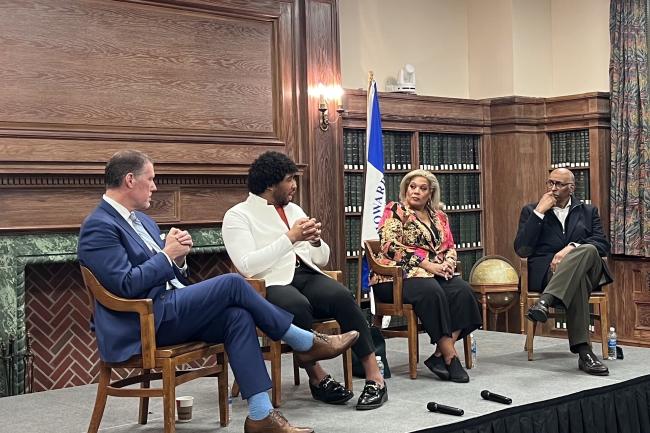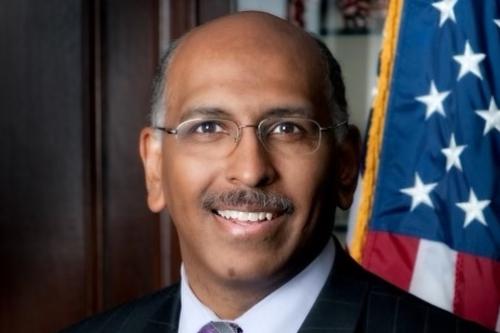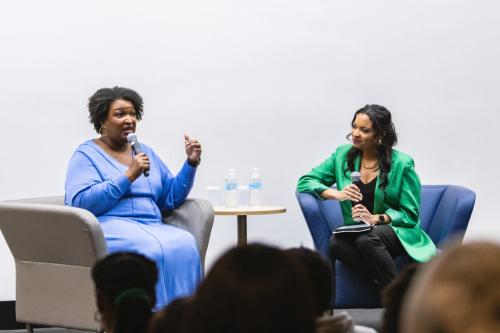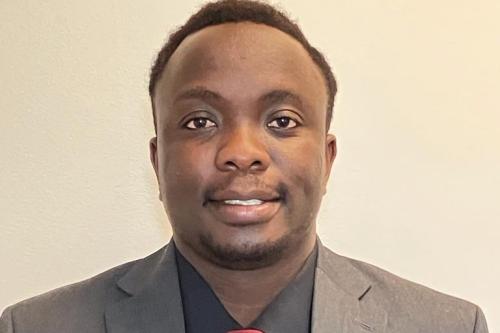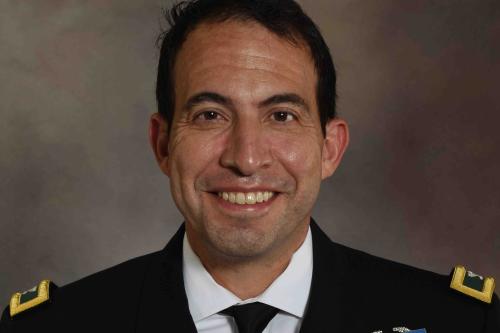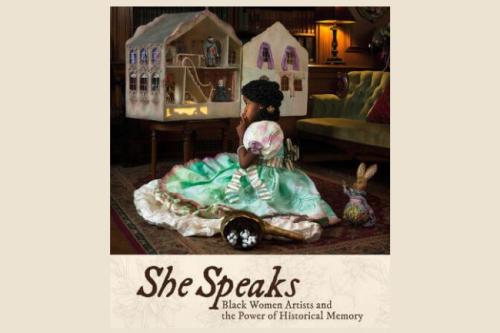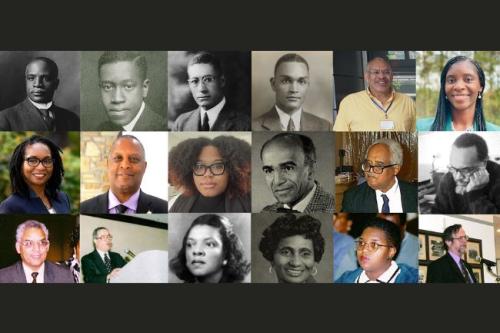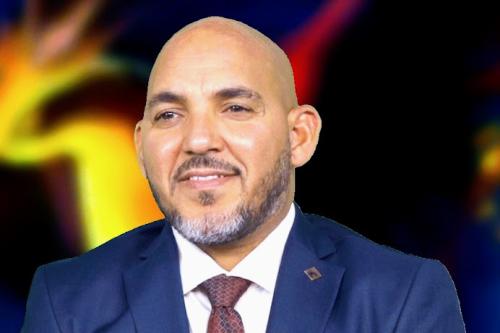This is the new frontier that we’re finding ourselves in, as we’re going into what will be a very fraught political cycle,”
The Cultural Evolution to Today’s Political Theater
However, with the invention of phones, Setmayer said that political campaign messaging has changed forever which has set the stage for fake consumerism.
“There were formulaic ways to get those messages out that worked for the most part, but fast forward to know, everyone has one of these,” Setmayer said as she held up her iPhone. “You have so many different ways to access information that when it comes time to craft messaging, you can target in a way where you can geofence something that targets people on one side of the block versus the other.”
Setmayer, calling this era of American politics “the Jerry Springization of political celebrity,” explained how political theater has altered the way that Americans observe politics in the media.
Setmayer pointed to a media shift when MTV aired a teenager Laetitia Thompson asked President Bill Clinton about the underwear he wore. The 1994 incident, she says, was a slow but sure shift in America’s perception of the presidential image.
“For some, they saw it as a highlight that, to the new generation he’s positive and acceptable, but I look back at that time as the beginning of the end of decency and respectability for the office of the president,” she said.
Setmayer and the panelists also highlighted how topics such as immigration are not solution-driven but fear-based, pointing to the political tactic of McCarthyism made popular by former Senator Joseph McCarthy during the 40s and 50s.
“It has nothing to do with actual good governance or legislation, or the lives this impacts...it has everything to do with being able to use fear mongering tactics of otherism, of crime and chaos on the border for a political issue in an election year,” Setmayer said. “The issue of immigration is the fear of the other.”
Social Media and Artificial Intelligence’s Impact
The effect of social media on fake consumerism was also part of the discussion. Each panelist recalled classic engagement techniques of an election that are no longer part of the process: ads on local TV station channels, town hall meetings to introduce policy and discuss with potential voters, and sit-down interviews with local TV station reporters have created distance between voters and politicians.
Fake consumerism closely relates to other concerns of America’s media literacy, specifically after the last two presidential campaigns were derailed by false information on social media and election interference.
Throughout the discussion, the panelists raised concerns on artificial intelligence’s potential damage to the veracity of elections. On January 22, a false robocall using Joe Biden’s voice left a message to tell New Hampshire Democrats to not vote during the state’s primary election the following day.
“This is the new frontier that we’re finding ourselves in, as we’re going into what will be a very fraught political cycle,” Steele said.
A 2023 study conducted by Northwestern University determined that nearly two local newspapers closed their businesses each week. Heye said that with the loss of local media, political strategies have transitioned from local to national audiences.
For Heye, fake consumerism’s rise is a direct consequence of the loss of local news and media as the new tactics prioritize local politicians gaining national popularity.
“Former housekeeper Tip O’Neill said all politics are local, meaning if you’re a member of Congress, a governor, senator, president, what’s happening in the local community is first and foremost,” Heye said. “It’s no longer true anymore, it hasn’t been for a while, and I’d argue that all politics are national, which is why you saw Ron DeSantis (Florida governor) and Gavin Newsom (California governor) debating each other on Fox News.”
The panelists also pointed to the rise of fake consumerism as a direct reflection of social media’s increased involvement in political campaigns. This, Daniels said, has moved political strategies from “Why do you want to run? to “Who do we want to sell this person as?”
Daniels, who’s worked in journalism since 2015, echoed Heye’s statement, citing the loss of integrity and a need to no longer “engage or care about policy.”
“There isn’t any fact checking, there isn’t an editor to talk to that’s going to take your tweet and add content,” Daniels said. “You don’t have to talk to anybody else, you don’t have to double check your own gut and instincts, “Whie social media has democratized the larger town square, which is good, the lack of accountability is the thing we’re losing.”
This discussion is the fourth program by Steele, his first of 2024 as America is 10 months shy of the presidential election in November. Steele says the next talk will discuss race and politics. A date has not been set yet.
Housed under the Office of the Provost, and established in 2008, the Endowed Chair in Public Policy aims to provide Howard’s student access to senior public service executives with a depth of experience in developing and advancing public policy initiatives.


